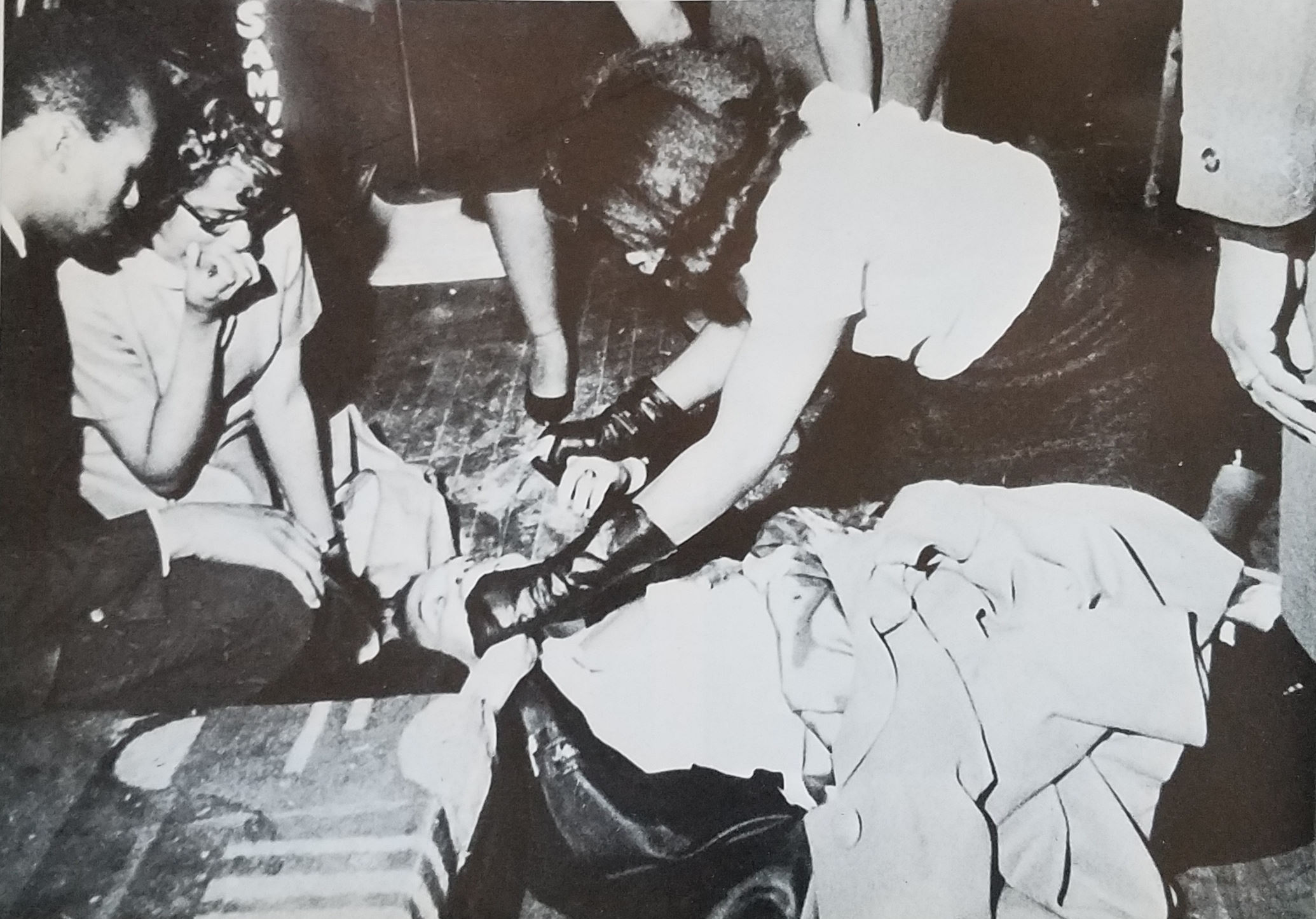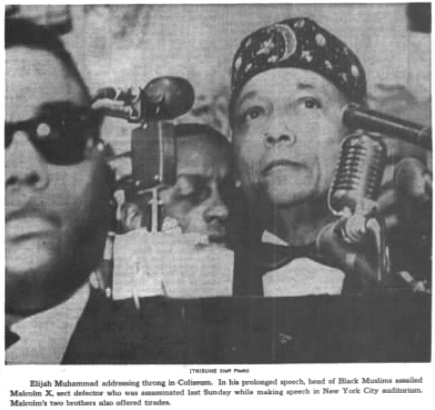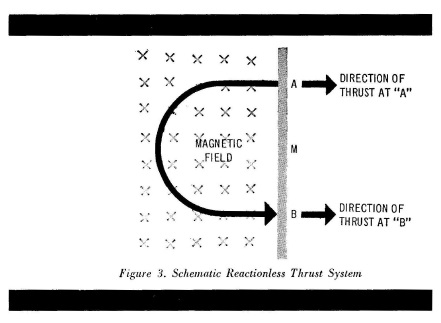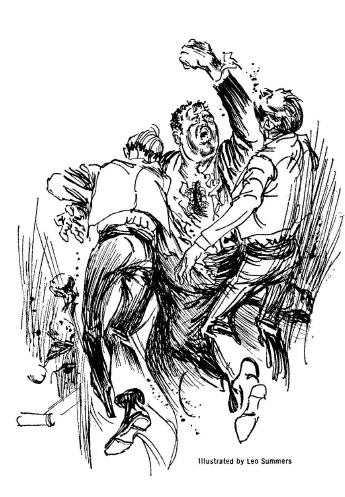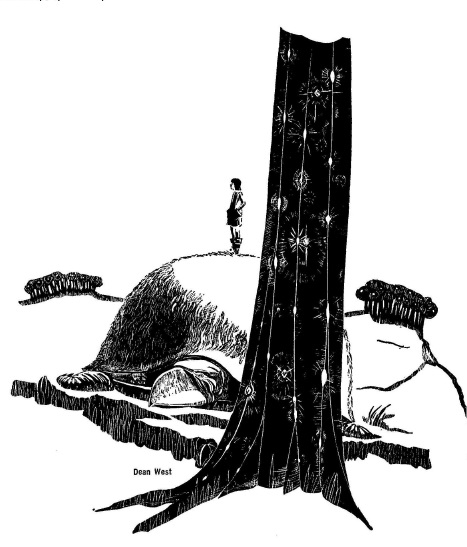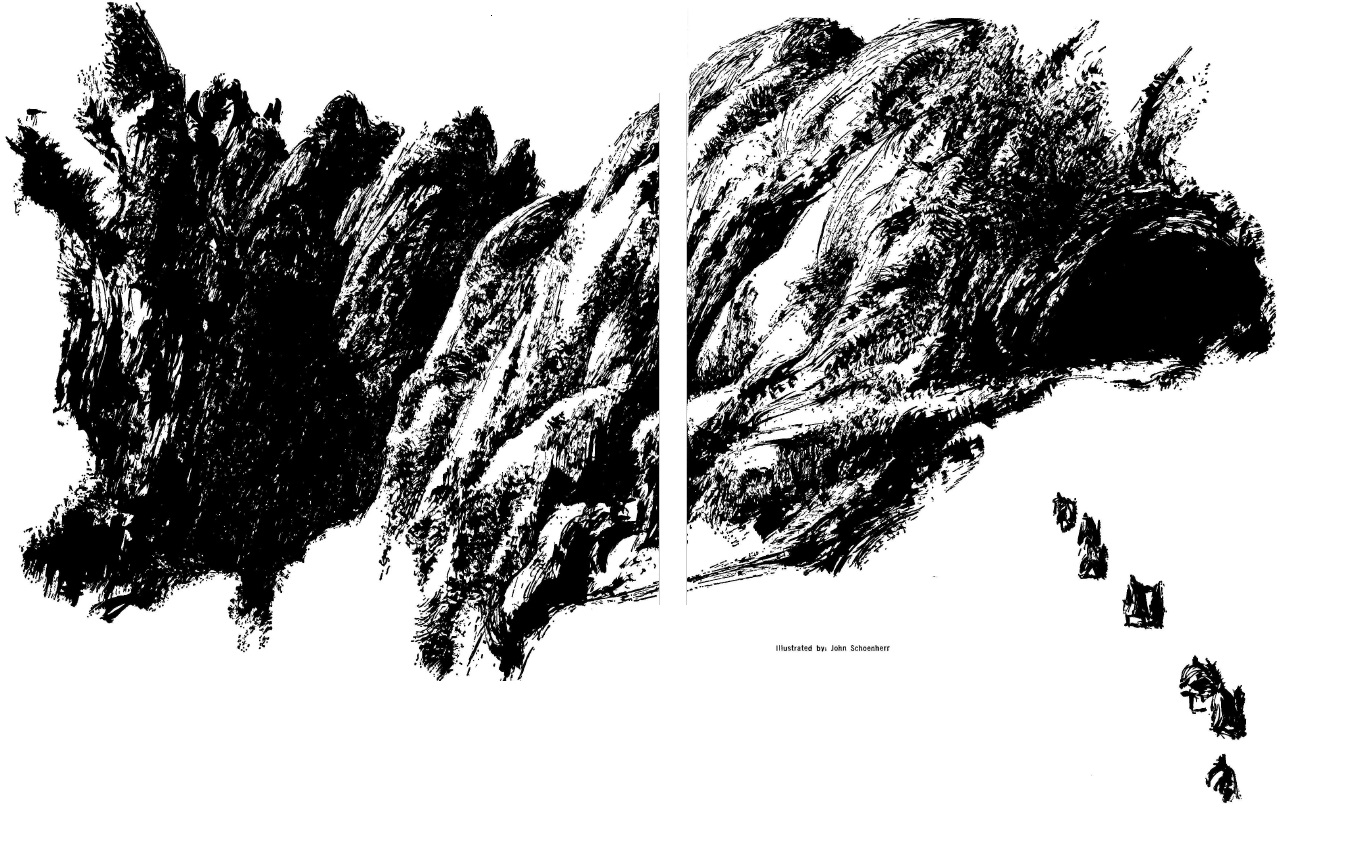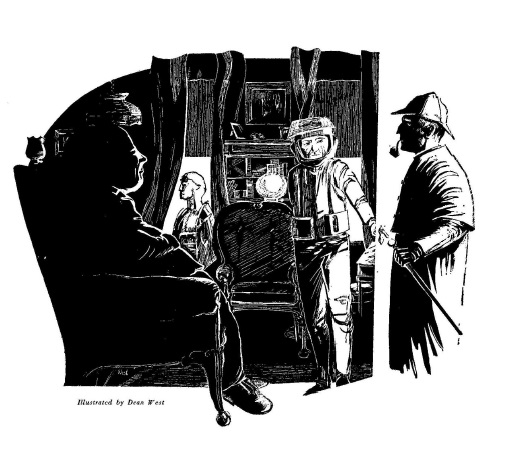
by Gideon Marcus
Journeys to Come
We're now just a couple of weeks out from Tricon, the Cleveland-hosted Worldcon! We'll get to mingle with our fellow fen, meet our favorite authors, drink lots of bheer, and figure out who gets to go home with a rocketship in their luggage.

Modern Cleveland
The much-ballyhooed new science fiction anthology, Star Trek, debuts on September 15. However, all the fans are abuzz that they'll be privately showing the show's pilot at Tricon. I hope you all will join us at Tricon to watch it!

Journeys we Have
As exciting as the things to come might be, we still have plenty of exciting stuff to enjoy right now. To wit, this month's Fantasy and Science Fiction is quite a solid mag.

by Jack Gaughan
Luana, Gilbert Thomas
A mycologist (a real fun-gi) with a yen for sculpture combines both vocation and avocation when the latest Gemini brings home a space spore. The resulting fruiting body proves warm, delicate, and eager to be carved. The scientist does so, in the form that has occupied the efforts of sculptors since the Neolithic…with less than savory results.
A decade ago, this minor bit of titillation would have been fodder for Venture. Cute but utterly forgettable. Three stars.

by Gahan Wilson
The Productions of Time (Part 2 of 2), John Brunner
Last month, the author had left us on a tremendous cliffhanger. Murray Douglas, a washed out but on the wagon film star (viz. Kirk Douglas in Two Weeks in Another Town) has been increasingly unsettled by the goings on at his latest production. The writer, Delgado, seems deadset on sabotaging the play before it can gel, setting each of the actors and production crew at each other's throats. The country retreat at which they are staying is equipped with the oddest of surveillance equipment, from two-way TVs to mysterious tape recorders placed just under a sleeper's pillows. When Douglas calls Delgado on his actions, he wakes up the next morning with a severe headache and surrounded by half empty bottles of gin…
He quickly realizes it's all a set-up, and he heads to a local doctor to certify his utter sobriety. Bolstering his sanity is the arrival of an unexpected ally: Heather, a member of the cast whose only purpose seems to be to sate the Lesbian tastes of another of the actresses, has also determined something odd is going on. Douglas makes up his mind. They will leave the retreat on the morrow. But Delgado, and the unusually assertive valet, Valentine, have other plans.
Thus ensues the climax and rather satisfactory (though somewhat given away by the title) ending of this exciting novel. It's rather short, so I'll be surprised if it gets turned into a full-length story. Maybe one half of an Ace Double. Nevertheless, it's a nice departure for the oft-brilliant author, notable for being told largely in dialogue (as befits a piece about play!)
Four stars.
Mr. Wilde's Second Chance, Joanna Russ
When the great playwright/poet arrives in the hereafter, he is offered the chance to rearrange the events of his luminous life into a more pleasing order. The reward is, perhaps, another life. Mr. Wilde is at once successful and unsuccessful.
I suspect I would have gotten more out of this story had I been more acquainted with the subject's work. It's a four-star story regardless.
Municipal Dump, Max Gunther
R.J. Schroon, a rapacious hotelier with designs to bend the would-be paradise world of Cooltropic to his whim. If it only weren't for the omnipresent, ever-irksome Bounders! Fed up with these meddling puffballs, Schroon calls for their extermination. He manages to eliminate one, frightening off the rest.
Out of the frying pan…
This one feels like a lesser (though competent) tale from the early days of Galaxy. Three stars.
Narrow Valley, R. A. Lafferty
The Wizard of Whimsy offers up this tale of a Pawnee, who protects his 160-acre reparation grant with a mighty spell. It's not that others can't find the plot to poach — they just can't seem to get in!
A fun if rather trivial piece. Three stars.
I'm Looking Over a Four-Leaf Clover, Isaac Asimov
In the conclusion to his articles on particles and cosmology, The Good Doctor offers up his own ideas on the origin of the universe. In a nutshell, just as every subatomic particle seems to have both an opposite charged counterpart and a opposite baryon/lepton number, so the universe must have three counterparts so that the net value of energy and mass equals zero. Add to this an 80 billion year boom and bust cycle, and one has a cosmos that requires no beginning or end, utterly symmetrical.
It's cute if nothing else. And I'm banking on the nothing else.
Three stars.
Troubling of the Water, Zenna Henderson
Ms. Henderson has seemingly exhausted the modern day as a setting for her stories of The People. The author is now recounting their first coming to Earth in the late 19th Century. Water is a not-quite sequel to her last story. A family in a Western territory (probably Henderson's native Arizona) finds their water supply dwindling below the sufficiency required for their crops. On the eve of dessication, a member of The People, a race of gentle humanoid espers, literally falls from the sky in a ball of flame.
Zenna has told this story several times before: strange, gifted person (usually a child) is encountered/adopted by a human or group of humans. Said alien eventually displays great powers to the benefit of the humans, and a bond of love is forged.
It's a testament to the author that the tale has not yet gotten old. I do wonder if a collection of such stories (as is advertised as forthcoming) might be a bit much to take in one sitting, though.
Four stars.
Looking Back
In the end, the newest issue of F&SF breaks no new ground. Indeed, had it been published in 1956 rather than 1966, I don't know that we'd have noticed (save for Asimov's piece, which relies on cutting edge science). Still, it would have been one of the better issues of August 1956, just as it is one of the better amalgamations of SF in this month.
No complaints here!

![[August 20, 1966] Looking forward, looking back (September 1966 <i>Fantasy and Science Fiction</i>)](https://galacticjourney.org/wp-content/uploads/2021/08/660820cover-672x372.jpg)

![[February 28, 1965] Tragedy and Triumph (March 1965 <i>Analog</i>)](https://galacticjourney.org/wp-content/uploads/2020/02/650228cover-672x372.jpg)

